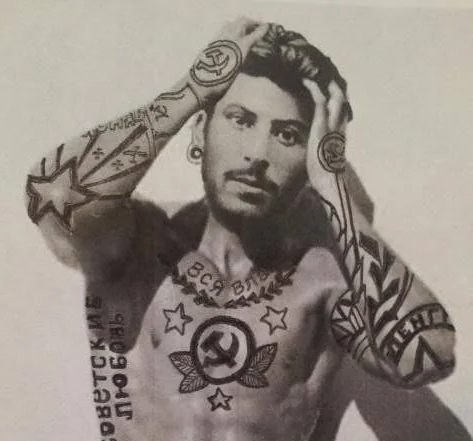Here's what I'm reading:
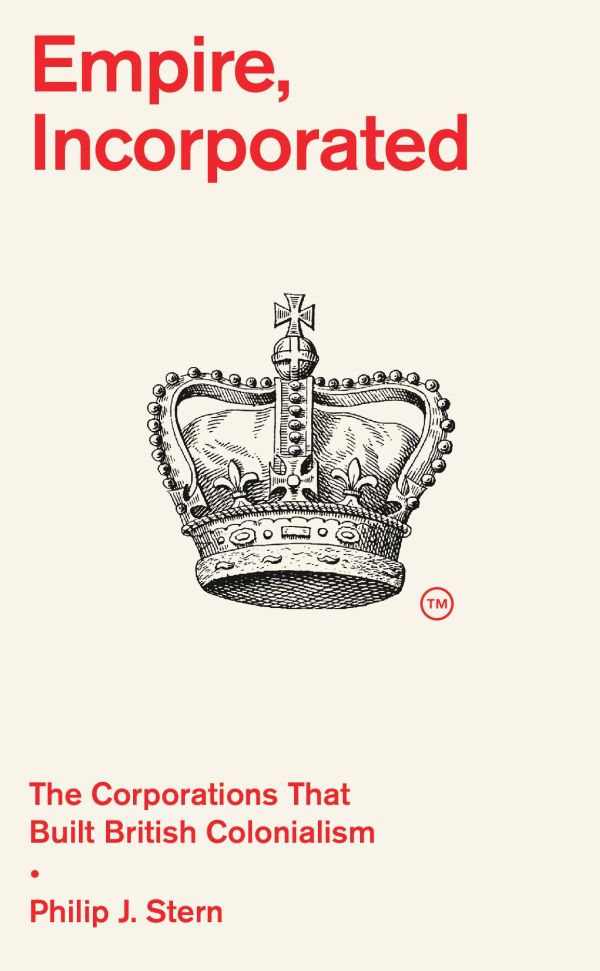
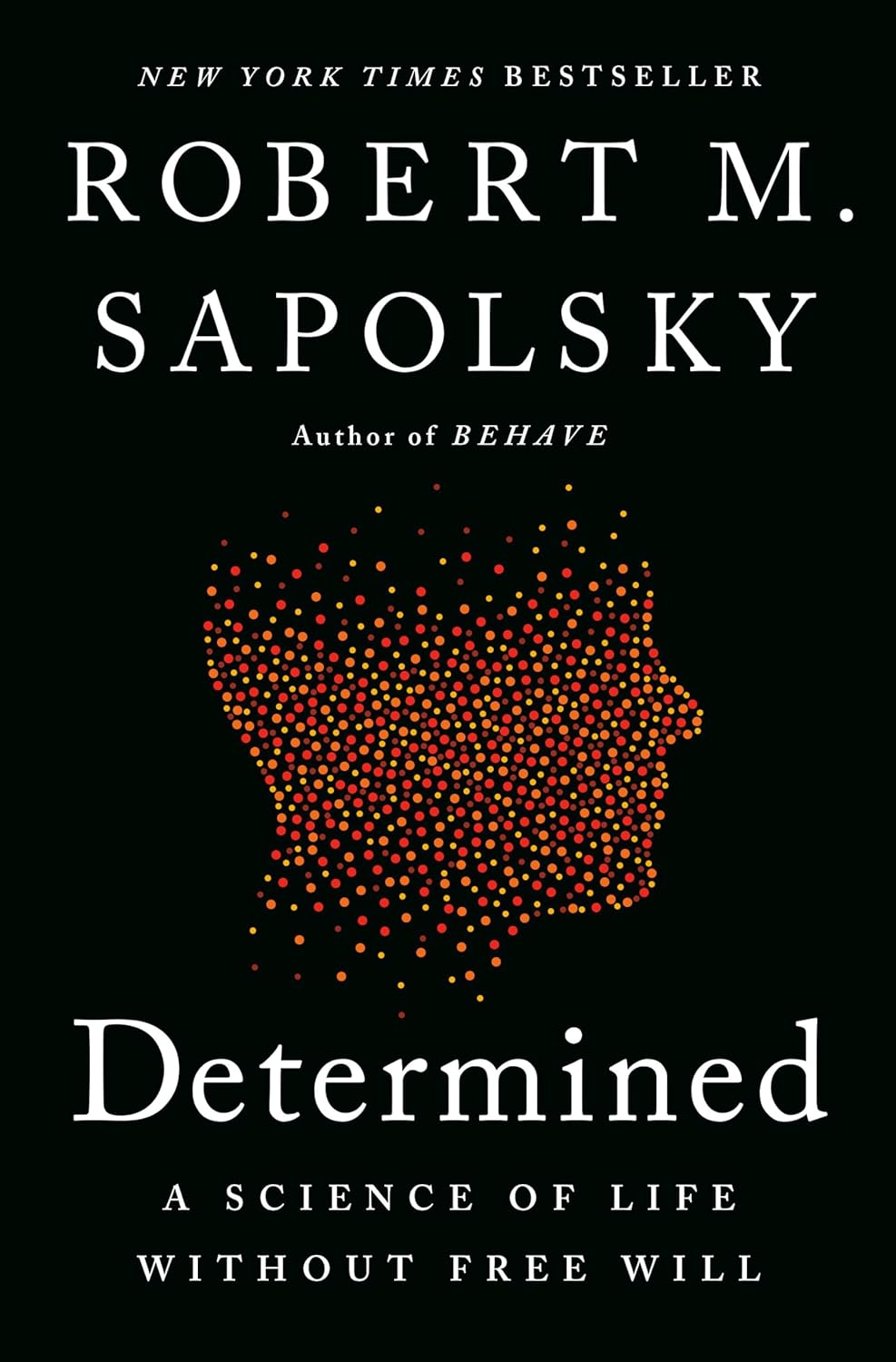

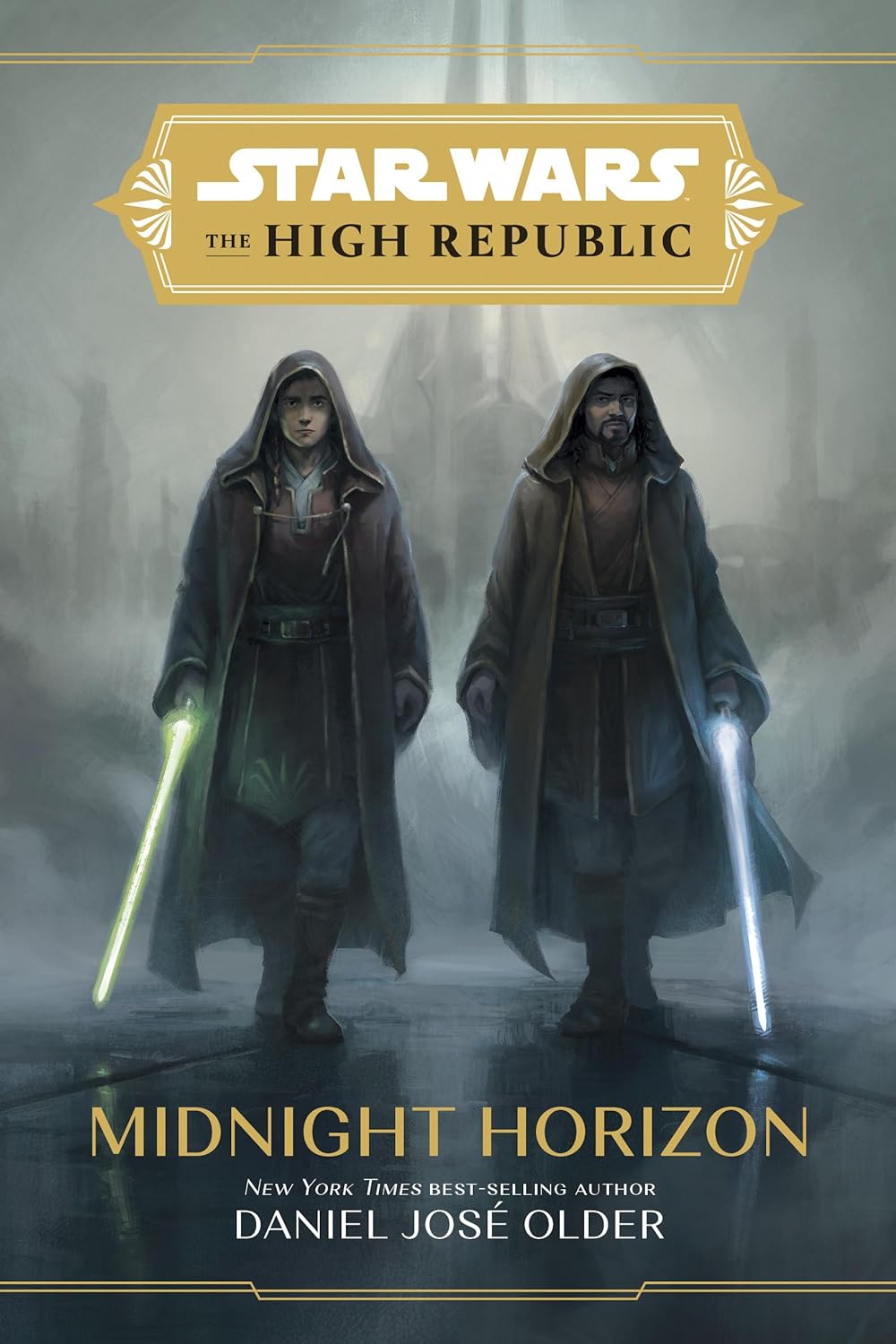
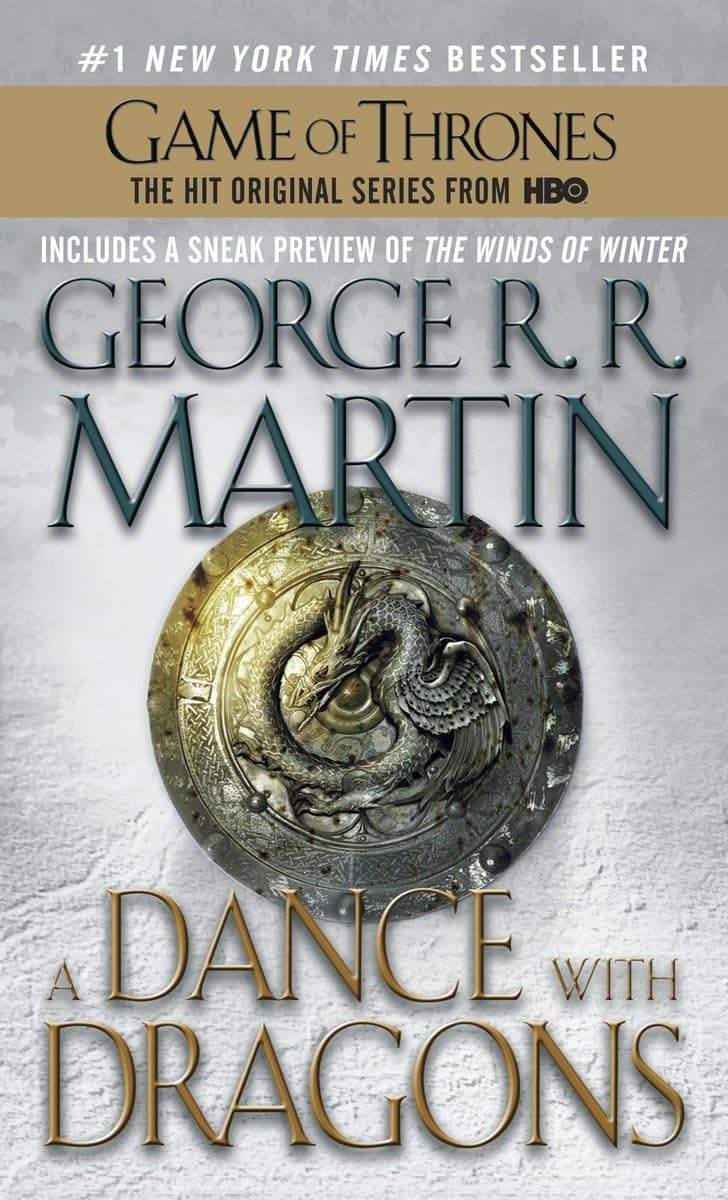
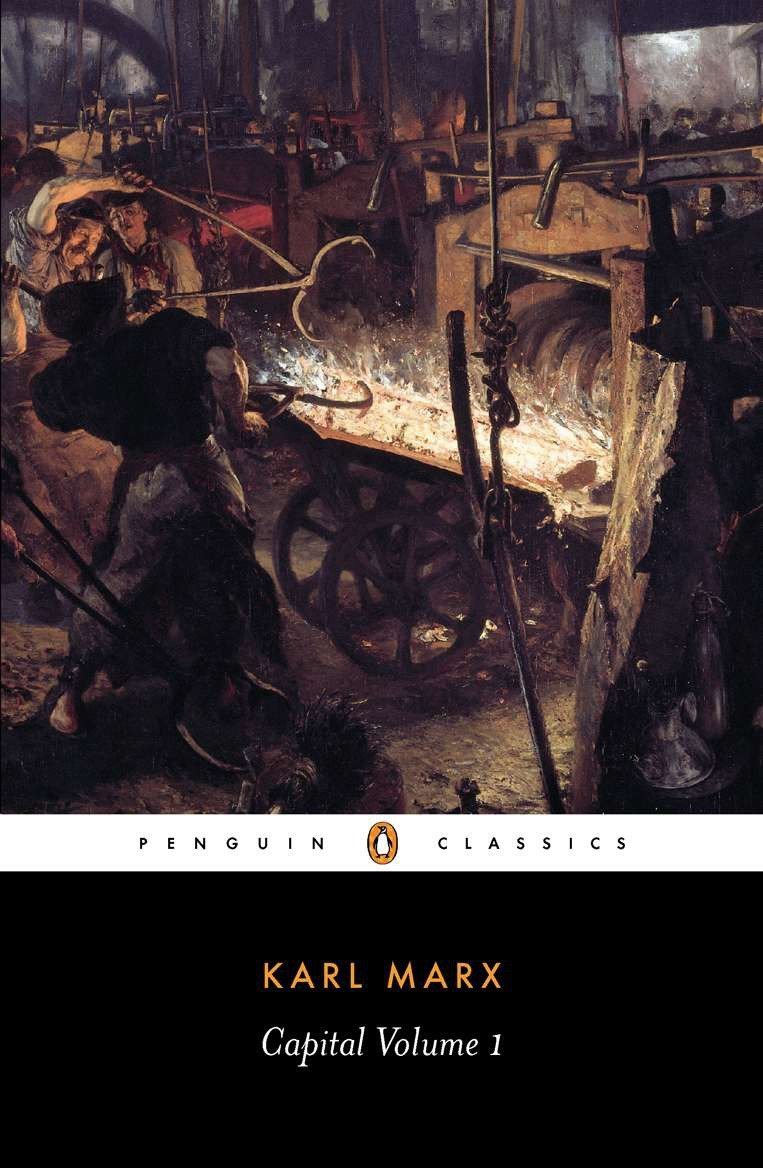
I'm going to stop reading A Dance with Dragons and the two Star Wars books for now and wrap up Empire, Incorporated and Determined while I continue on with Das Kapital.
Bonus question:
What do you PLAN to read later on?
Enjoy!
I just finished reading Nestori Parkkaris Suomalaisessa keskitysleirissä vv. 1940–1944(In a Finnish concentration camp) an i will read Väkivallan vuodet(Years of violence) next.
In a Finnish concentration camp was about a group of communists that were imprisoned just before continuation war and then get sent to a forced labour camp near the frontlines and after finnish nazis start losing they get moved to a concentration camp where guards consist of lapua nazis that try to starve them to death. It was very dark and bleak but also guite hopefull and inspiring in some ways. Even with all horrors that were inflicted to them the group managed to stay organized and united. They were constantly doing forbidden things in secret without getting caught and even with constant scaremongering about them they managed to become known as trustworthy and good people by the locals and other prisoners during their time in the forced labour camp. And it also showed how quite well much corruption there was inside the finnish army and how horrifying monsters the lapua movement nazis were.
Years of violence will be about lapua movement and the authors time inside the infamous Tammisaari forced labour camp
lapua Nazis?
And yeah, it seems like it has a message of hope, ultimately.
Yes. Lapua movement was a far right anticommunist terror group that was heavily inspired by the german nazis. They are known for kidnapping suspected leftists and driving them far away and leaving them there without their belongings or outright murdering them. Once they even captured a previous finnish president that was too leftist for their taste. And they were also allowed to capture leftist parliament members in the middle of a meeting without any opposition from police.
The Finnish military, police and government were all controlled by far right at that time. Lapua movement acted as a terror wing while the coalition party acted as the "legitimate" political wing.
The current day political situation in finland is moving into scarily similar direction with the same coalition party leading government and basic finns party that has numerous barely hidden connections to different neonazi groups.
Oh God, I had to end up editing the post to actually include the books that I have open right now (rather than the same book Empire, Incorporated posted over and over again for all six).
That was embarrassing lol
Nonfiction: been reading through a number of different translations and commentaries on the pre-Socratics (or, as I prefer to think of them, the pre-Aristotelians; as I think pre-Socratic is too Platonist of a framing). The big standout has been rereading Kahn's The Art and Thought of Heraclitus; Heraclitus being my favorite ancient philosopher (I got into him thanks to a positive mention in one of Lenin's philosophical notebooks).
Fiction: All Systems Red a short, very fun sci-fi story about a cyborg that calls itself Myrderbot. I love that the main character is non-gendered. Murderbot is extremely relatable.
Plan to read: the rest of the Murderbot books, as I loved the first one. And then all of Plato that I haven't read before. I've read all the dialogues that are commonly read in undergrad programs, like the Republic, Apology, Meno, Crito, etc., but there are many others. I have a pretty low opinion of Plato, but I think he's important to understand.
I'm genuinely curious - why pre-Aristotelians and not pre-Socratic? Wouldn't they have similar problems as terms?
Mostly I just hate Plato and love Aristotle.
So, some of the "pre-Socratics" were alive at the same time as Socrates, so the name is already a bit silly. Further, almost everything we know about Socrates is from Plato (yes, I've read Xenophon, the man didn't have a philosophical bone in his body tbh), so when we say pre-Socratic we're really saying pre-Platonic. This presents Plato as some kind of revolutionary figure: there was philosophy before him and a new philosophy after him. IMO he was a great writer, but philosophically a hack whose interesting ideas were already present in the pre-Socratics, especially Parmenides. He was basically a Pythagorian number worshipping mystic who's followers basically destroyed "Western" philosophy for 2000 years. Aristotle was actually a revolutionary philosopher and a real genius. Marx, for example, is basically an Aristotelean.
IMO, Plato is just another pre-Aristotelian. And far from the most interesting one. I think it's a historical tragedy that so much of his corpus survived, while we have only fragments of fascinating figures like Heraclitus and Parmenides.
Now, this hatred of Plato may be somewhat exaggerated. But given the calamitous effect of Platonism and Christianity (as coopted by the Roman empire it was essentially neo-Platonism) on thr history of philosophy, I think one has to hate Plato beyond what just his dialogues themselves merit.
I always thought that pre-Socratic wasn't really a temporal boundary (after all, Aristotle and Plato were alive at the same time, so pre-Aristotelian also doesn't work in that regard), but rather one of method. My understanding was that most pre-Socratic (sorry) philosophers were essentially speculative, whereas Socrates (or Plato's Socrates) was the first to establish the need for a far more rigorous approach, which all subsequent philosophy is indebted to. So the division, while obviously still artificial, is useful in defining certain trends in philosophy. In any case, Plato (or the Neoplatonists for that matter) is hardly the one to blame for Christianity getting co-opted, that's almost entirely on Paul and Constantine
after all, Aristotle and Plato were alive at the same time, so pre-Aristotelian also doesn't work in that regard
That's fair. I don't really think "pre-Aristotelian" is a particularly good categorization of philosophers though, just a funny rejection of the term "pre-Socratics".
Really the big gap between Plato and the pre-Socratics is that we have many intact texts by Plato, while with the pre-Socratics we have only a handful of quotations preserved in later texts and some dubious paraphrase and summaries, so it's hard to pin down exactly what was going on. But, as far as I can tell, it was really Parmenides and his followers (like Zeno) who established the need for a more rigorous approach. For example: great developments in logic were needed to defeat their arguments that motion and plurality were impossible and only an illusion.
Platonists might not have caused the cooption of Christianity, but most of the really objectionable elements of Christianity are Platonic. Like I'm 100% not a Christian of any kind, but Jesus seemed like kind of a cool dude who wanted to create the kingdom of heaven on earth: a just society were people hold all things in common and shit. All the metaphysical bullshit about souls and the trinity and hating your body and shit is from Plato, Pythagoras, Orphism, and shit like that.
Like, I think even had Christianity not existed, things would have been pretty much just as bad. Everything I hate about Christianity already existed in the Roman empire. In a world without Christ we just get two thousand years of useless wank about the Monad and Dyad instead of the Trinity; hardly an improvement.
Oho, the Bobbiverse! ...I think? Ah well, the Murderbot series.
Good taste.
My mom highly recommended the Bob books to me, I wanna get to them at some point here!
I've been reading
Showfor the past few weeks. It's fun but now (like halfway through) there's so many characters I'm having trouble keeping them straight. I need like a chart of who's connected to who and how and who wants who dead.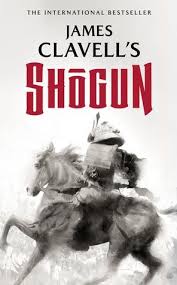
A friend of mine gave me a copy of Psychopolitics that has been starting at me with guilty daggers for weeks now. I should really start on that.
NSFW VR stuff
spoiler
When I finish off the alpha of the CCP Milker project I'm working on, I've got an idea for a sensual VR experience for Vulva owners that's been tickling my creativity center. It's not fully formed but I want it to play around with emotional abstractions and synesthesia to induce deeper levels of arousal. So I've been thumbing through Modern Sex Magick by Donald Michael Kraig to deconstruct rituals associating feelings to symbols.
Psychopolitics sounds like an interesting title.
As someone that loves the topic of psychology (huge Lev Vygotsky fan).
It looks interesting enough, but I hate reading philosophy because it always feels like each book should include a list of prerequisite reading to conduct first before you can appreciate what the author is trying to say. As someone pretending to be a game designer, I spend more time focusing on the behavior mechanics covered in like marketing studies than I do on like really abstract theory.
edit: it's from Verso though, and their stuff is usually decent enough.
The economy and class structure of German fascism, about halfway through highly, highly recommend. Been doing 40-50hr weeks, so haven't had a lot of time for anything
 , but I hope to read Divided World Divided Class next and/or some Zhou Enlai writings. Fiction I'd like to read Abu Nuwas' poetry and maybe Paradise Lost, so I can better understand references.
, but I hope to read Divided World Divided Class next and/or some Zhou Enlai writings. Fiction I'd like to read Abu Nuwas' poetry and maybe Paradise Lost, so I can better understand references.I'd be interested in hearing the thesis of the anti-free will book because I think the end of that argument relies on non-materialist pseudo-mysticism.
I'm reading:
Show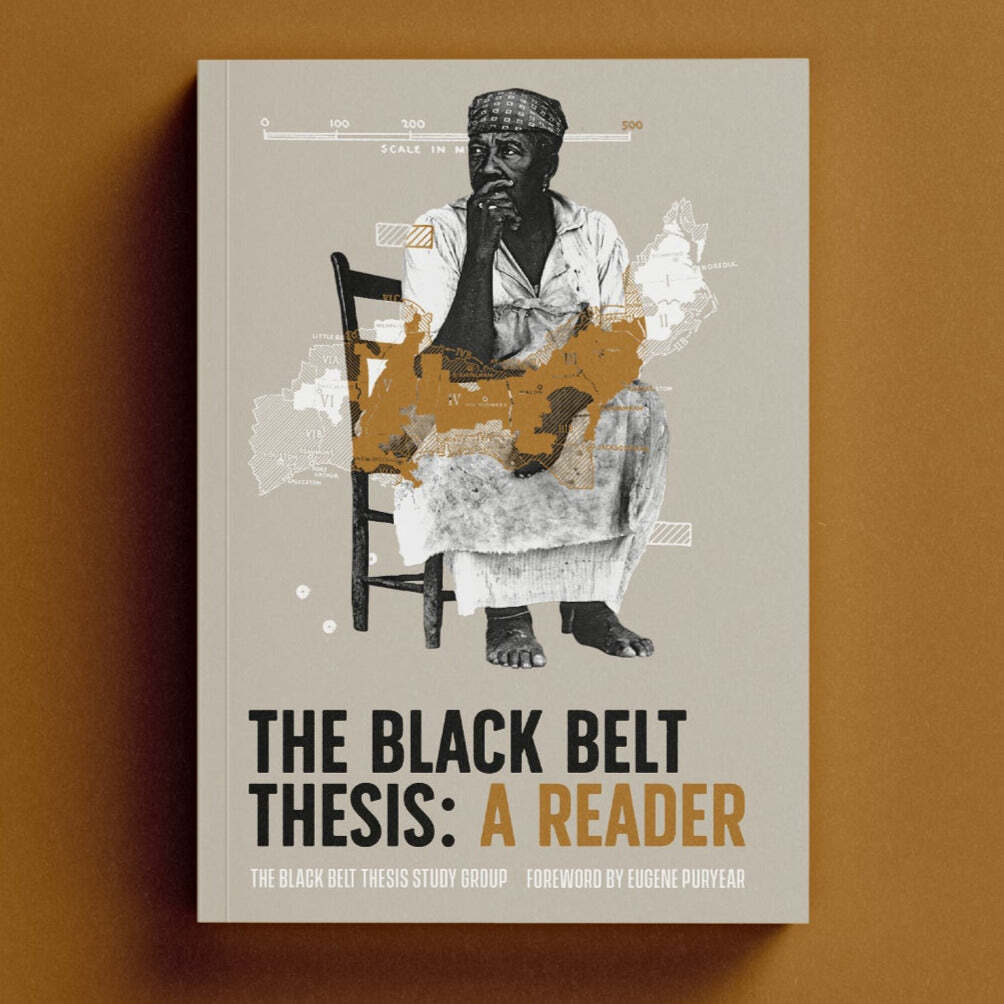 Show
Show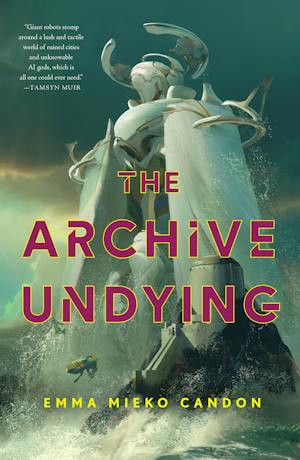 Show
Show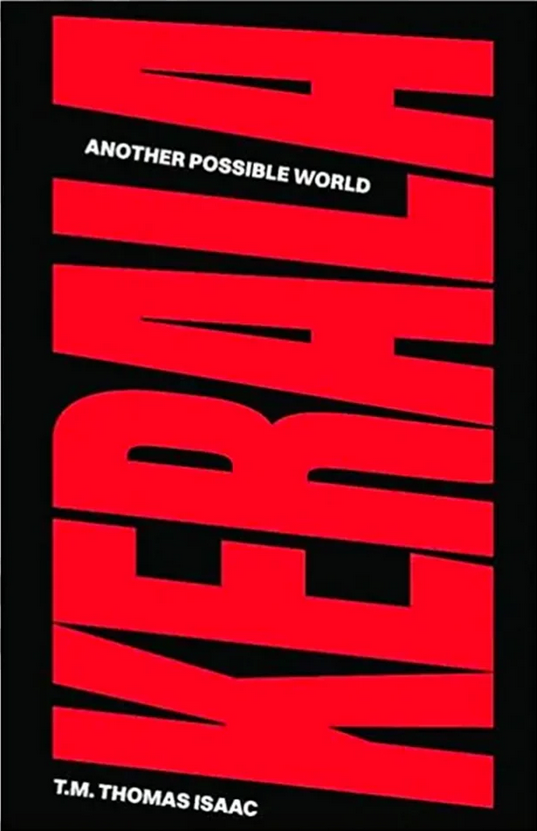
the end of that argument relies on non-materialist pseudo-mysticism
Care to elaborate? It seems to me all the arguments in favor of free will are the ones that tend toward non-materialism.
Because they end up having to posit some distinction between the person/consciousness/will and the physical system (body) making the choices. Are the decisions I make/actions I take deterministically bound by the physical reality of my bodily system and the environment around it? Maybe, but I am that bodily system. The particularities of that bodily system and the processes by which it acts - whether determined in some broad physical sense or not - are literally the expression of my will. Will has no need for some outside source or driver to legitimize it. Therefore, the actions I takes are my own. There is no distinction between myself and the system.
Denying free will based on determinism always (in my experience) ends up acting like I am some passive observer separate from my body, which behaves without my input. That's basically gnostic dualism, where I am a soul trapped in a material body.
(None of this even touches on the fact that absolute determinism is non-falsifiable)
Denying free will based on determinism always (in my experience) ends up acting like I am some passive observer separate from my body, which behaves without my input.
The mental feeling of making choices and those choices being predetermined by material conditions aren't mutually exclusive. I use my will to make all kinds of choices, and I feel like I'm making them, but my decisions are still always a product of my environment/genetics/whatever.
It's why I don't feel like arguing about free will is particularly productive, since the actual reality doesn't change how that experience feels for people. It's like arguing about whether we live in the Matrix.
The mental feeling of making choices and those choices being predetermined by material conditions aren't mutually exclusive.
I'm not referring to the mental feeling. The system making those choices - my body - is me. It is the entirety of my being, completely synonymous with myself. That system processes inputs and performs outputs based on material rules. That process is the expression of free will. I am not a mental feeling inside of a disconnected body. I am the body. I am the system. To posit otherwise is non-materialistic.
It does not matter if my choices are deterministic. They are still my choices. There is no separation between me and the deterministic system. I am the deterministic system. The only definition of free will this doesn't meet is one that is arbitrarily spiritual/non-materialistic, as if free will by necessity must exist outside of physical reality and laws. I don't see any reason why that must be the case.
(again, assuming the premise of determinism is true, which is non-falsifiable)
It sounds like you're combining agency into your definition of free will. Yes, the mechanisms of your body's behavior (choices) are occurring inside your body, you have agency. But, Free Will implies that the mind has the ability to direct those choices beyond the realm of the material world's laws (i.e. physic; most especially, inertia.)
Free Will implies that the mind has the ability to direct those choices beyond the realm of the material world's laws
Does it? I don't see why that's the case. This claims that there is simply no such thing as a materialist concept of free will. That's creating a definition so narrow that it cancels itself out. In what way is free will different from agency? You operate from an assumption that the "the mind" is only valid if in some way immaterial, but why should that be?
I mean, really, what is the difference between free will and agency? If your definition of agency is just free will but material, then nothing about the conclusions you draw is any different from a materialist conception of free will and you have achieved nothing philosophically or scientifically.
To be honest, I'm not really interested in getting into it, I just wanted to clarify a conflation I thought you were making. You wanna hold on to those definitions it's fine by me.
Denying free will based on determinism always (in my experience) ends up acting like I am some passive observer separate from my body, which behaves without my input
I don't know if we should be taking the concept of an immutable "you" as a given here - plenty of philosophers have wrestled with the apparent illusory nature of the self. That said, I would argue that free will and the self, while related concepts, aren't entirely the same thing. Plenty of behaviors (some of them complex!) happen in the absence of conscious volition. Your brain regulates your body without your conscious attention; thoughts arise unbidden. Without intending to you can find yourself daydreaming or stuck in a memory of an embarrassing situation that happened years ago. There's a definitional problem where defining free will in a way that is (a) compatible with what we know about the physical workings of the brain and (b) accounts for our lived experiences of its many limitations requires positing something not bound by the classical laws of physics that's still capable of interacting with the physical matter of the brain (wherein we get mind-body dualism) or results in something with severely limited explanatory power for why people behave the way they do.
Fiction: short stories by Cortazar. Currently re-reading The Pursuer, one of my favorites of all time.
Non-fiction: State and Revolution
Reading the Quran right now. Making super slow work of it, but quite honestly I've been low-functioning for a bit.
Probably not, but only because there's enough on my tbr list already.
I'm gonna cheat and include a book I haven't actually started: Mountain in the Sea by Ray Nayler.
Show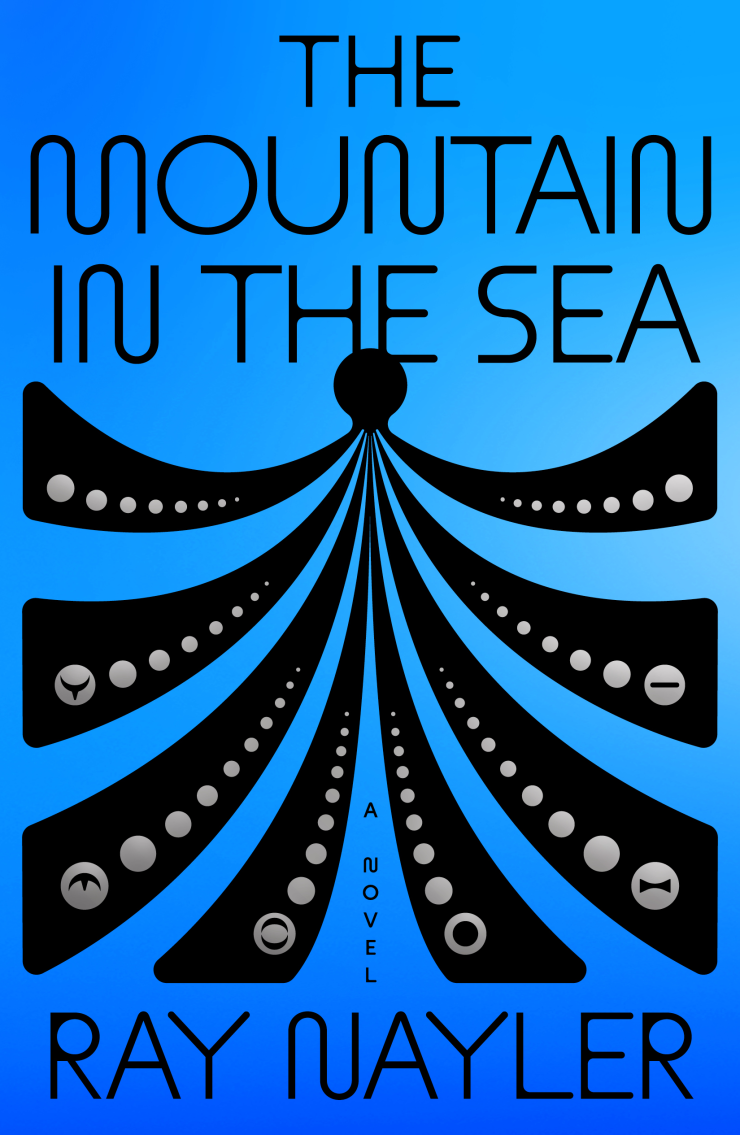
I got it as a last minute birthday gift for my dad, and after he finished it he said it was good and gave it back to me to read lol
Haven't started a new nonfiction lately since I'm still knee deep in Blowback and that scratches the same itch.Thanks for reminding me about this one! Another octopus themed book that was quite fun is Children of Ruin, the sequal to Children of Time (post-space-apocalypse, a hubristic uplift experiment on monkeys accidentally creates a species of sapient spider over the course of ten thousand years, while the few surviving humans dip in and out of cryo to deal with their own problems).
A lot of work went into extrapolating a non-human mentality for the animals (the spiders in the first, octopuses and mystery goo in the second).
- Show
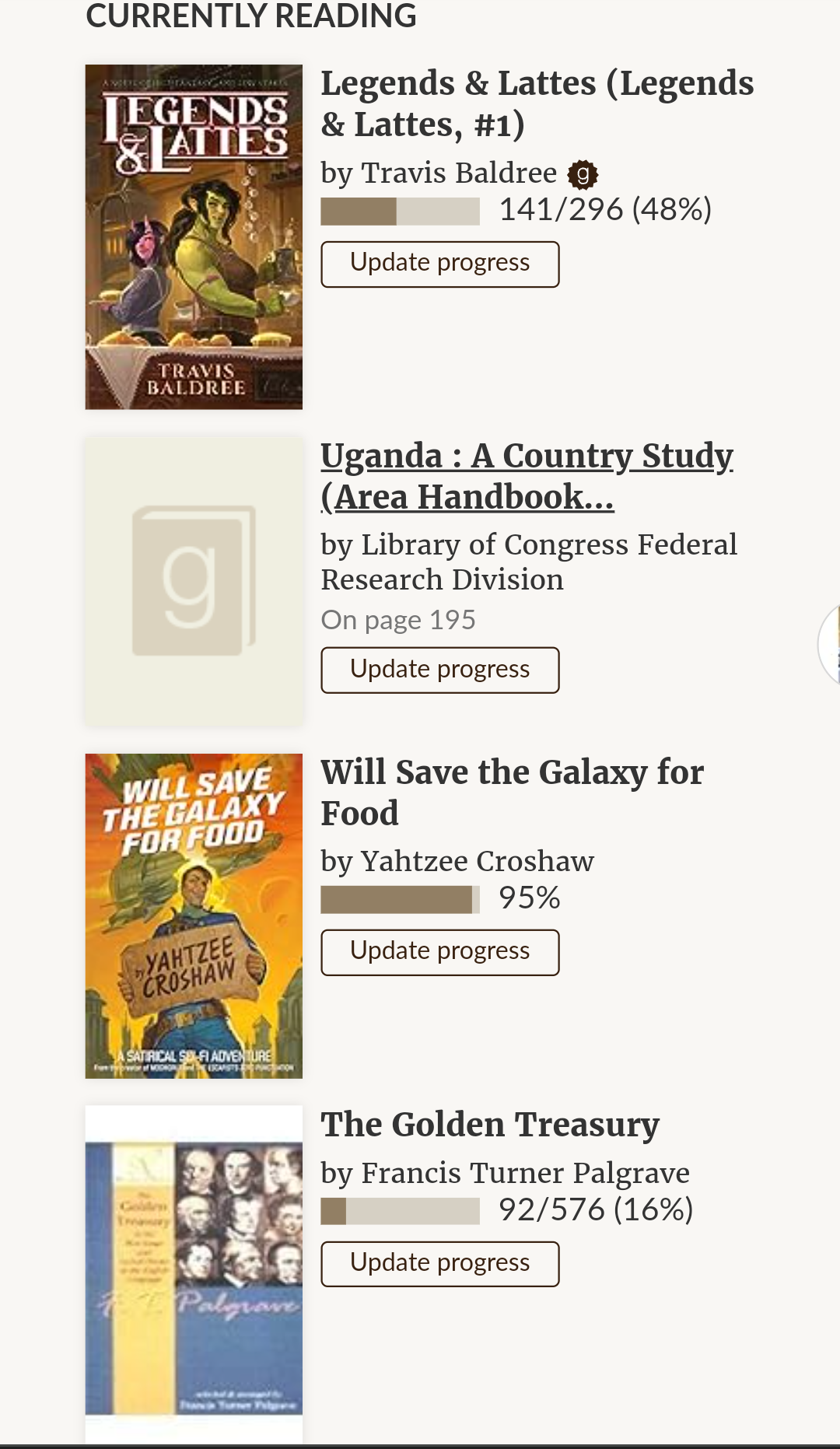
Besides these, I'm also reading:
Alternatives to Capitalism Proposals for a Democratic Economy by Robin Hahnel and Erik Wright
Capital Vol. I alongside David Harvey's companion
The Myth of Sisyphus is next on the list once the Uganda one is complete (because, for the life of me, I can't imagine Sisyphus happy)
I'm finishing Ten Days that Shook the World by Jack Reed, and Moby Dick. Once I'm done with Ten Days I might pick up The German Ideology (since I've only read the first few chapters,) 18th Brumere of LB or E&P Manuscripts of 1844 if I feel like diving into some Marx. I'm more familiar with his economic stuff and want to get into his philosophical works since I finished Spinoza's Ethics.
I also need to read Settlers so I might take another whack at it. Or maybe Black Jacobins by CLR James.
Not sure what I'll read after Moby Dick in the way of fiction, maybe the last Joe Abercrombie book which I really need to read and have been procrastinating on. Or maybe one of the Philip K Dick books in my stack; I love PKD but he is pretty bleak so it's kinda dependent on where my MH is at when I get there.
I wouldn't do "required reading" if I were you. I think that both Settlers and Black Jacobins have been done better by this point in the 21st century.
Hell, I finished Settlers and it's not that good.
Is there some reason why you would try to discourage me from reading either of these? Telling me not to read something is a sure fire way to make sure that I read it (that's dialectics, after all). I'm familiar with criticisms of Settlers, but I've also heard good things from other people who I trust. Its such a touch stone for so many leftists, I need to know where people are coming from. I'm more from the school of "ruthless criticism of all that exists," I have a reading group and a curriculum we are working off of, and Settlers isn't on it, so it's ironic that it's considered required reading. It's literally extracurricular for me.
Also why waive me off of Black Jacobins? I just want to read CLR James, I don't even know what its about.
I'm against "required reading." I feel that too many leftist curriculums online are just repeating the same books.
I feel that one should just read what they want to read next and "go off the beaten path;" if you look at a lot of Google Docs for communist reading lists, it's the same book over and over again and generally older works than their more modern counterparts, which I feel are often more accurate and sometimes nuanced.
But if you want to read both books, go for it.
If you have other suggestions I'd love to hear them. I'd like to read an updated version of a classic. I get where you're coming from, and I've definitely encountered and felt burned by dogmatism on the left. But I also feel like by that same logic someone could incorrectly say to not read Marx or Lenin, which is basically the underlying logic of the "new left" movement, which oversaw the rise of neo liberalism and disintegration of organized labor, and all but complete dismantling of anti imperialist and socialist movements. So, that might be worth considering as well.
Yeah, yeah, I getcha.
Maybe I'm too harsh. I just feel like people read the same books over and over again and nobody's discovering anything new, you know? No new theoretical developments or info. Stuff like that.
Anyway, suggestions include Hinterland by Phil A. Neel and White Trash by Nancy Isenberg. Those are off the top of my head. Oh yeah, and An Ideological History of the Communist Party of China since that gives a lot of context to Mao Zedong's writings and the writings of his contemporaries. I guess you could also read Nikolai Bukharin's (not to be confused with Bakunin) work such as Historical Materialism: A System of Sociology. He was at odds with Stalin, as you may know, but he genuinely had some good writings.
Again, the books I just gave you were off the top of my head and I can try to find you some more that I've read or know about; they're meant to be "obscure" (since I believe that people shouldn't just read "required reading" or should at least try to mix it up a bit).
Also, I hear ya with the "new left" movement of the 60s/70s and beyond; nobody talks about it, but hell, it still affects us even today and in a very negative way.
Thanks for the recommendations! I'll see if I can grab copies off libgen and add them to the stack!
I def get where you're coming from. I wish more orgs actively developed critical thought, and one of my critiques of left orgs/spaces is how many things considered "theory" serve as shibboleths and in-group signalling.
Like the Refused screamed in New Noise:
We enjoy all the wrong moves
We dance to all the wrong songs
We're not changingYeah, exactly, and kudos to those verses 'cause I agree with 'em.


